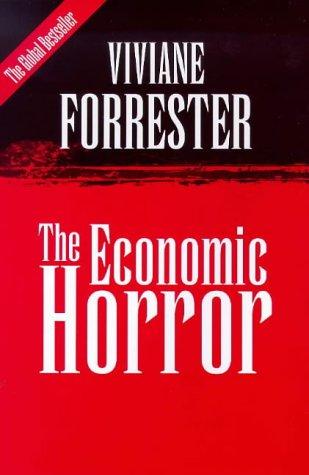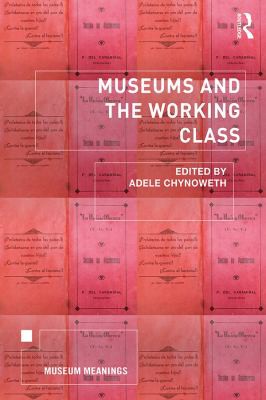Characters were a bit annoying at times; the language and dialogue felt either too unnatural or too pedantic.
But as a climate sci-fi story, it's always good to see authors imagining solutions and more hopeful futures instead of falling back on doom and dystopia as the default. The importance here was more in the laying out of a possible framework or series of steps it might take to get to a more just and responsible society.








